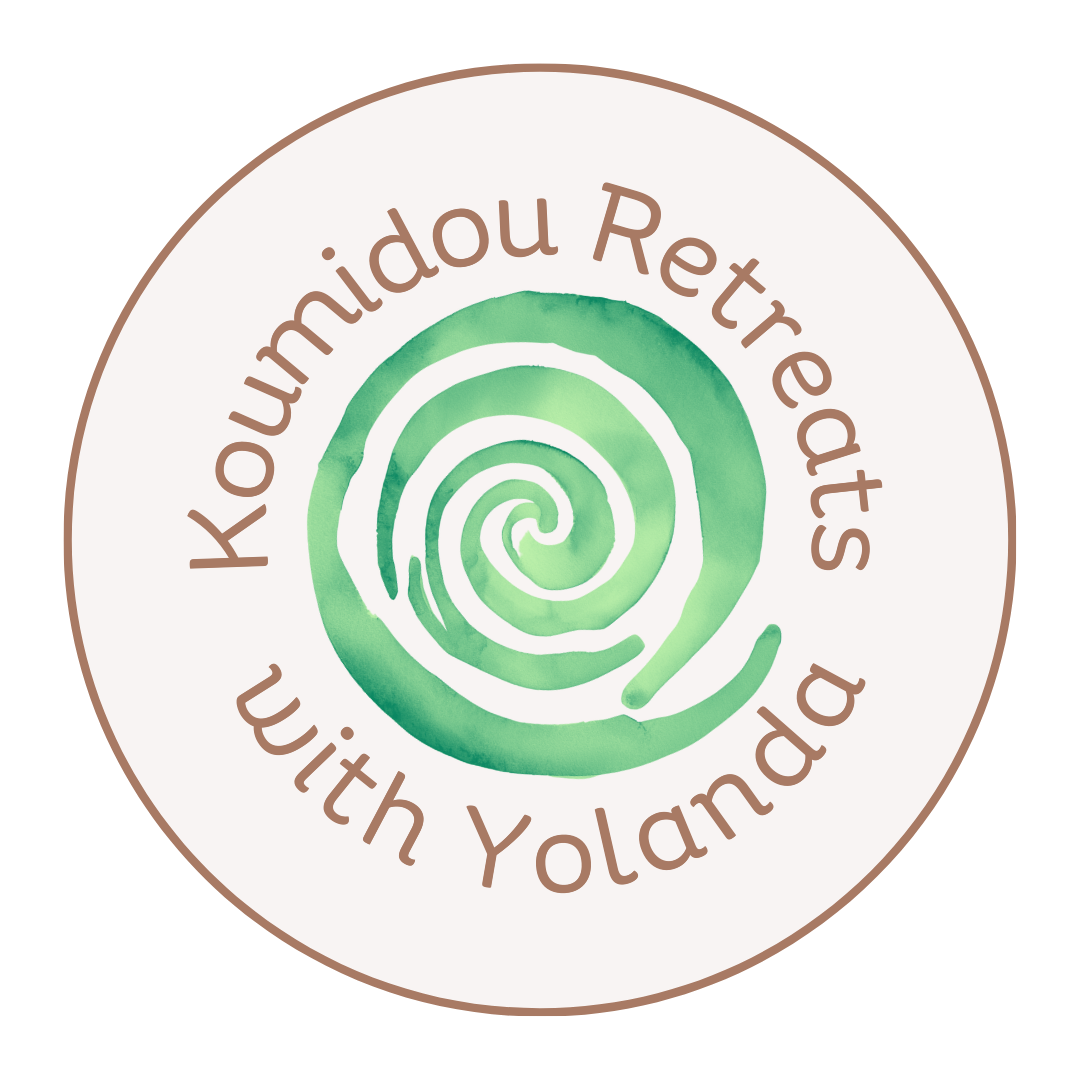
May your Mother’s Day be celebrated with spring’s colorful flowers, and may the cards you give or receive be filled with gratitude and heartfelt wishes. This article is about mothering, in all its forms.
Mothers. Everyone has one. Often where there is more than one child in the family, it is curiously surprising to hear how one child may have experienced “perfect” mothering while the other had the exact opposite childhood memories from the same mother! Can you relate to that? The reasons for this phenomenon will not be elaborated on here and now. However, I wanted to make mention of this event since it occurs in nearly every family.
The Fantasy of Perfect Mothering
There are those of us who received it all — the most beautiful and deep emotional love, support and understanding as well as the necessary physical care. Yes, there are people who received all of this. For some in this “fortunate group” though, truth be told, fantasy and wishful thinking played a part in such picture-perfect perceptions! Since our mother carries her own childhood experience and behavioral habit patterns, this fact may limit her ability to offer it all to some extent. So right from the start, I am attempting to point out that the expected aspects we did not receive are not totally our mother’s fault. Understanding our mother’s limitations and accepting her for who she is, and what she did or didn’t give, is the best gift we can give her this Mother’s Day.
A mother’s love must pass through the prisms of her own history, personality, and experience in her marriage (or partnership, or lack thereof), affecting the mothering we receive from her. Having said that, by no means I am excusing abusive mothering. I am only suggesting that love is inherent in mothering no matter how it ends up being expressed. This reminder is my attempt to help us reach some level of inner peace, so we can stop focusing mainly on the negative and, by doing so, lessen the heavy load of anger and resentment that we may be carrying.
Making Sense of Imperfect Mothering
I think it is safe to assume that unless our mother was open to self-exploration, chances are she did not become aware of her shortcomings and that going forward, she will not change her ways. Based on that assumption, it is my conclusion that our responsibility as adults now becomes two-fold: to learn from her mistakes so we can interrupt harmful mothering patterns as well as to notice, build on and celebrate the gifts she gave us, no matter how small.
Mothering is a responsibility of the highest order. It carries expectations of perfect love and care given generously with no room for mistakes. As a therapist I often joke with my clients that my only wish has been that my child receives only 5 instead of 10 years of therapy due to my mothering! I strongly believe that all mothers do the best they can with what they know. And if that was not enough, then some good therapy for us, the adult children, can significantly help heal childhood wounds. Going forward, this will benefit our own children but especially our grandchildren.
Other Forms of Mothering, the Good and the Bad
Two other forms of mothering are often ignored: mothering pets and mothering others’ children – usually nieces and nephews when one did not have children of her own. The love and care I have witnessed given in these mothering circumstances has been as substantial and authentic, and deserves to be recognized and acknowledged on Mother’s Day.
From my experience working with couples for over 30 years, the only time when mothering can be inappropriate and quite damaging is when it is performed inside intimate relationships from one partner to the other. In those instances where one partner, for whatever reason, begins to become the other’s “mother,” the first thing that gets extinguished is, of course, sexuality. Soon after, respect deteriorates and an unbalanced division of responsibility ensues, resulting in distance between the couple.
The Ultimate Mothering Challenge
Conversely, the time when mothering becomes not only important but necessary is when, as adults, we learn to mother ourselves. In my opinion, this is the most challenging responsibility and ultimate sign of maturity. At first, of course, we mother ourselves the way we were mothered. However, we soon discover that we may need to refine and adjust how we mother ourselves, especially if we have internalized a critical maternal voice.
Mothering ourselves involves being able to hear and respond to our vulnerability. Our vulnerability offers direct information about how to care sufficiently for our basic needs for safety and security, love, rest, and play. It is about treating our inner child with warm, loving, mature, adult mothering. Basically, learning to treat ourselves the way we always wanted to be treated by our mothers.
Our own mother did the best she could. Now it’s our turn to offer our children — and ourselves — new and improved mothering.
Happy Mother’s Day!

